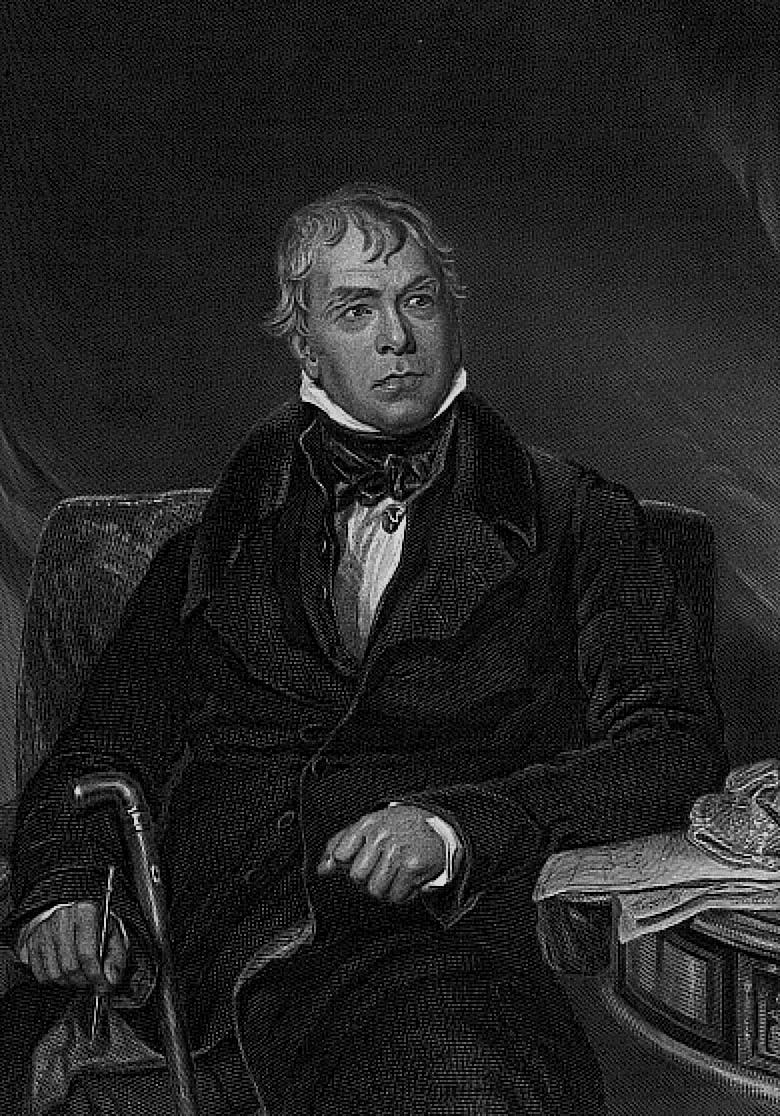In the video above, I share from an 1898 (or earlier) inexpensive edition of The Imitation of Christ by Thomas a’ Kempis. It’s one of those books that looks as if it could have been valuable (just because it’s old and if it was in better shape), but it’s actually a cheap copy. This site on Chicago history notes the publisher of my book, Donohue, Henneberry, & Co., as purveyors of “inexpensive and unauthorized copies of popular books,” mostly fiction. I think my copy is from their set of cloth bound books, 50 in the series, sold at 75¢ each.
Most of the video is my unpolished reading from the book with a couple comments.
Art: Does great art come mainly from morally great men? “One lesson of a great city like Florence is that cruelty, greed, and depravity often coexist with civilization’s finest achievements. “
C.S. Lewis: November 29 is the author’s birthday. He was born in Belfast, 1898. In his chronicle of Lewis, Colin Duriez notes a meeting of Tolkien, Charlies Williams, Dr. Robert “Humphrey” Harvard, Owen Barfield, and Lewis on Nov. 23, 1944. Tolkien said the conversation was “most amusing and highly contentious.” Barfield, he said, could meet Lewis head on during a rousing argument, “interrupting his most dogmatic pronouncements with subtle distinguo’s.”
Intellectuals: Philosopher Roger Scruton talks with Hamza Yusuf about the natural bent of intellectuals toward leftism and what should just as naturally draw them out of it. That’s the first part of the linked recording. They go on to speak of many other topics, including the King James Bible, English grammar, and Islamic society.
Tristram Shandy: Writing advice from Laurence Sterne, “a line drawn as straight as I could draw it.”




